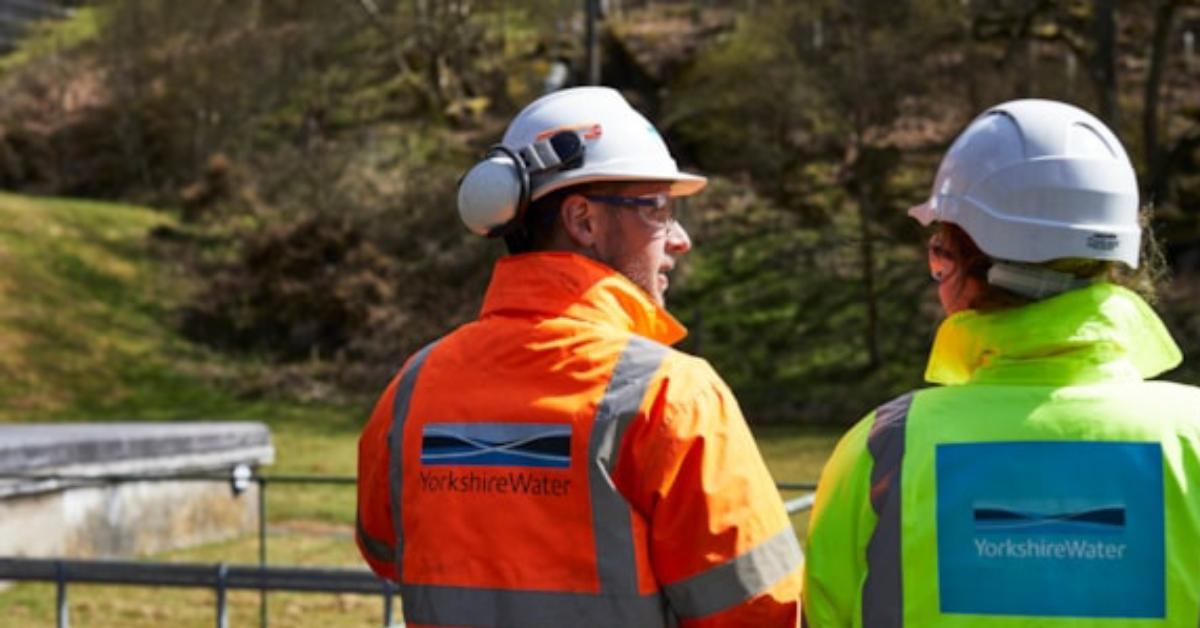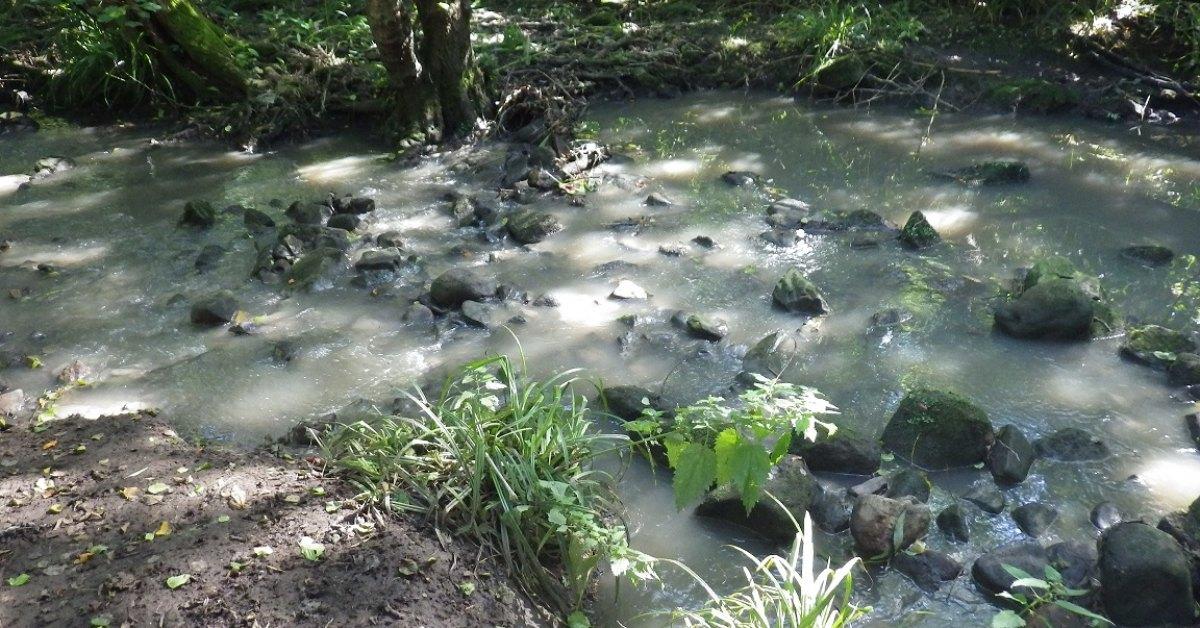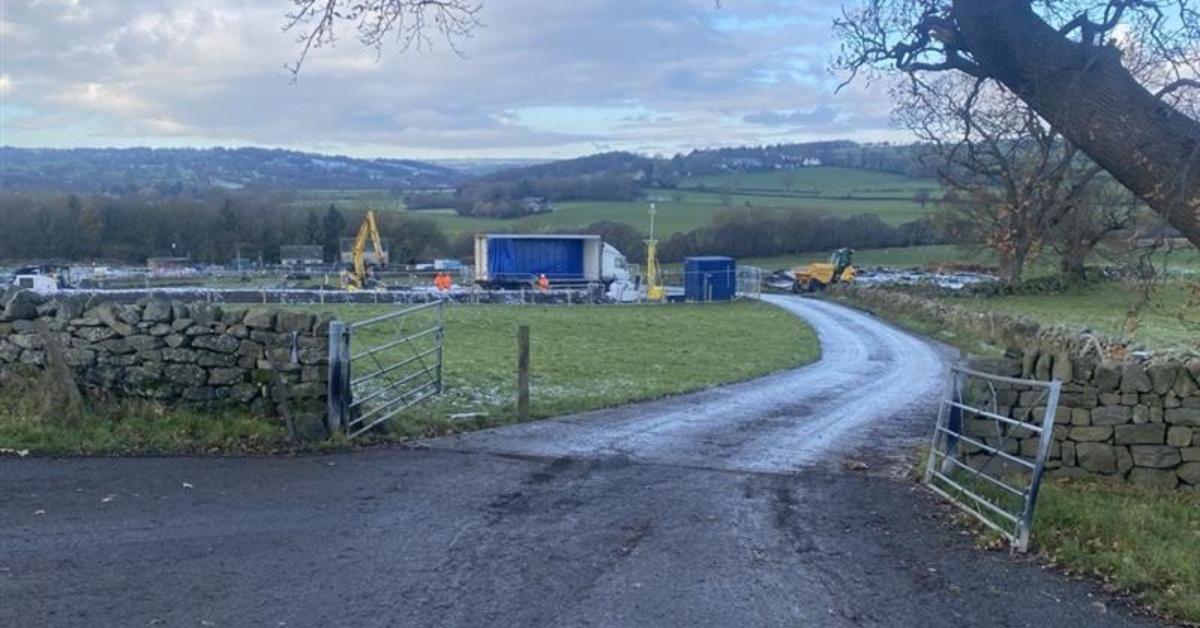Subscribe to trusted local news
If you are accessing this story via Facebook but you are a subscriber then you will be unable to access the story. Facebook wants you to stay and read in the app and your login details are not shared with Facebook. If you experience problems with accessing the news but have subscribed, please contact subscriptions@thestrayferret.co.uk. In a time of both misinformation and too much information, quality journalism is more crucial than ever. By subscribing, you can help us get the story right.
- Subscription costs less than £1 a week with an annual plan.
Already a subscriber? Log in here.
11
Aug 2024
What now for Yorkshire Water after damning Ofwat investigation?

After a two-year investigation, a government regulator has proposed fining Yorkshire Water £47 million for repeated failures.
A 163-page report was published on Tuesday which laid out Ofwat’s findings on the company, including its failures over wastewater treatment sites and excessive spills from storm overflows.
Nidd Action Group, which campaigns for a cleaner River Nidd, has called on the company to accept the findings and engage more with the community, while Harrogate and Knaresborough’s MP urged regulators not to approve any further hikes in water bills in light of the investigation.
The Stray Ferret has reported extensively on sewage discharges in the Harrogate district, including into the River Nidd, and on the role of Yorkshire Water in those overflows.
In this article, we look at what the latest investigation into Yorkshire Water means and what the company intends to do off the back of its findings.
Ofwat’s findings
Ofwat launched its investigation amid a heightened political spotlight on water companies.
Public outrage at sewage discharges into local rivers led the industry watchdog to notify all water firms that they would be investigated.
Officials at the regulator started looking into Yorkshire Water in 2022 - around the same time the Stray Ferret revealed the company discharged sewage into the River Nidd 870 times.
Its remit was to look into whether the company had been providing customers with the level of service they are entitled to under the law.
Much of its findings focussed on Yorkshire Water’s wastewater treatment works, which it said had failed to be operated or maintained properly and, as a result, led to regular spills into rivers.

Cloudy water in Hookstone Beck caused by pollution from an unauthorised sewage discharge by Yorkshire Water.
Ofwat said the firm had failed to upgrade sites to “ensure they meet the changing needs of the local area they serve”.
It also found a strong correlation between “high spill levels and operational issues at wastewater treatment sites”.
A total of 57 sites did not appear to comply with environmental permits, the report said. A list of those deemed “potentially non-compliant” between 2019 and 2022 was provided by Yorkshire Water.
Of those identified, three fall into the Harrogate district. They are in Masham, Markington and Kirk Hammerton.
The report also referred to unauthorised sewage discharges, including one in the Hookstone Beck in 2016 which killed 1,500 fish and led to the company paying £1 million to local charities - though this was just the tip of the iceberg for the investigation.
Ofwat found that most of Yorkshire Water's wastewater treatment works have storm overflows associated with them that spill regularly to the environment.
It found that over 80% have spilled on 20 or more occasions in at least one of the last four years and over 50% have spilled on more than 60 occasions.
The report said the company “failed to demonstrate” the spills were in exceptional circumstances.
In a critical assessment of the company, the report added:
The information also showed us that Yorkshire Water did not have in place appropriate processes and controls to ensure that it was able to properly carry out its wastewater business.
It lacked adequate processes to enable it to properly monitor and assess compliance with its legal and regulatory obligations and took too long to investigate and address the potential issues that it did identify.
‘A long time coming’
For those on the frontline of helping to keep rivers in the district clean, the time has come for Yorkshire Water to accept its failings.
David Clayden, chair of Nidd Action Group described Ofwat’s findings as “a disgrace”.
Much of the report was nothing new to the group, such as a reference to a study by Professor Peter Hammond which found the equivalent of 317 Olympic pools of raw sewage were discharged into the River Nidd at four sewage treatment works in 2020.

Dr David Clayden, chair of Nidd Action Group.
Regardless, Mr Clayden told the Stray Ferret that the Ofwat investigation had shed light on years of failings by the company.
He said:
It’s been a long time coming. The public have been angry about this for a long time.
It’s worrying. It just does not look like the system is working.
Mr Clayden added that he wanted Yorkshire Water to accept the findings of the report and be more open with “citizen scientists”, who test the water quality of the Nidd on a regular basis.
However, he warned politicians against “emphasis on reports” and called for them to a get a grip on the issue at hand.
He said:
I would like to see them accept it [the report]. I would like to see them engage with local organisations, not just the Nidd Action Group but others like the Yorkshire Dales Rivers Trust. A lot of stakeholders know a lot about the river.
It’s not just a today problem, it’s a problem for decades to come. The question is how important is it to have nice looking rivers? I would like politicians to get a grip on that rather than more reports.
Other campaign groups have called for more action from government.
Giles Bristow, chief executive of Surfers Against Sewage, which campaigns for better water quality in rivers, called on ministers to take action to reform the industry.
He said:
This is a system on its knees and the government must recognise this fact and use their upcoming Water Bill to deliver root and branch reform. It's time those in power prioritised public health, the environment, value for customer money and crack down on the profiteering polluters.
Meanwhile, Tom Gordon, Harrogate and Knaresborough MP, said the investigation showed flaws in the water industry.
He said the report was a “damning indictment” on the state of the nation’s rivers and called on Ofwat not to approve any further hike in bills on customers.
What now for Yorkshire Water?
During the course of Ofwat’s investigation, Yorkshire Water announced a string of investment plans.
One, which was submitted to the regulator in March 2023, included a proposal to invest £7.8 billion in its network between 2025 to 2030. Another proposed a £180 million programme to reduce discharges from storm overflows.

Yorkshire Water's waste water treatment works in Killinghall.
The firm also started work on improving one of its waste water treatment sites in Killinghall at a cost of £19 million.
The proposals suggest the company had taken note of public anger towards water companies - though the firm said the £7.8 billion programme would be paid for through customer bills.
Now, Ofwat’s proposal to fine Yorkshire Water raises questions over where the company will find the money to pay the fine.
At the moment, the penalty is out for consultation. However, the regulator warned the company that should the £47 million fine be issued, it cannot be recouped from customers.
In a response, Yorkshire Water said:
We take our responsibility to protect the environment very seriously. Last year, we apologised for not acting quickly enough and announced our £180 million programme to reduce discharges from our storm overflows before April 2025.
We are disappointed with Ofwat’s response to their investigation into our wastewater treatment networks. Since the start of this process in November 2021, we have cooperated fully with the investigation, and we will continue to seek clarity on their draft penalty and enforcement notice. We will be responding to the notice by September 10.
4